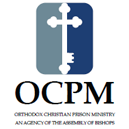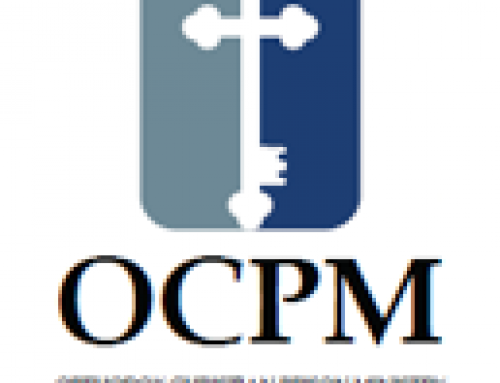This post was originally published on this site
In this second part of a series, Fr. Stephen Powley answers some provocative questions he received by email.
Question: “In your opinion, do you think the role of evil, the devil, demons, and spiritual warfare is understated and not given fair recognition for the sins and/or crimes that are committed in today’s age? I once heard that the closer to God an individual is, the more evil will try to attack them. It seems logical, historically, when you think of the Saints and what they had to endure. Yet we seem to try to explain it with science or psychology. Or better yet, we explain it by casting them out as purely evil people who shall never ever be forgiven. I know we have free will and the sin should not be excused without punishment or consequence but I also firmly believe that an element of spiritual warfare is really demoralizing people in ways they don’t even realize. I am curious about your thoughts on spiritual warfare especially in dealing with prison inmates who have nothing to hide, nothing to lie about, and are probably more conscientious about their shortcomings and downfall then the typical person.”
Response: You are right about many in our society making everything about psychology/science. Certainly, spiritual warfare plays a huge role in all our lives yet is often ignored. The issues you raise about people that have fallen is without doubt a very complex and individualized issue. We sin alone – even if we seem to be sinning as a group — each person makes a decision to cross a line that is their decision alone. We are responsible alone. All of the influences that lead a person toward making a bad decision are complex; just like when we consider each person’s life story. Spiritual warfare is one aspect of those factors that we do often overlook (even the impact on ourselves when we are judgmental and unforgiving).
The other side of the coin on this whole matter is the problem some Christians have created with a watered-down Gospel that proclaims: “Say this prayer and you are forgiven! That’s it; have a good life.” That totally ignores the whole process of repentance and restoration. Living a life of repentance is a way to fight the spiritual battles that continually call someone back to the sins they committed. We cannot simply take a wino out of the gutter, put a tuxedo on him, and proclaim him healed! A week from now we will find a wino, in the gutter, wearing a tuxedo. We have to help that person say “NO” each and every day. Forgiven? Of course, but still so very susceptible to fall right back.
Lastly, you mentioned people in prison. They are no different than people on the outside really. They still lie and hide their shortcomings, and the spiritual warfare is so very intense in every prison I have served in. But when the grace of God comes to one of them, the changes are very dramatic. They have found forgiveness, but now must live each day in a dark world that is perhaps more evident than what we see on the outside. The forces of darkness and evil are opposing them daily and they must keep their focus on the Lord. We should be doing the same, but we simply fail to realize the battle that rages.
Fr. Stephen is the priest in charge of St. John the Baptist Greek Orthodox Church in Pueblo, CO. Fr. Stephen began serving as a Prison Chaplain in 1985. He has ministered in every prison security level, including 12 years in the most maximum-security prison in the U.S. He retired from the Federal Bureau of Prisons in 2010. He joined Orthodox Christian Prison Ministry as a founding Board Member in 2005 and served as the Executive Director from 2014 to 2019. Fr. Stephen has written training manuals for prison ministry and correspondence volunteers as well as other theological works on the state of the prisoner.




